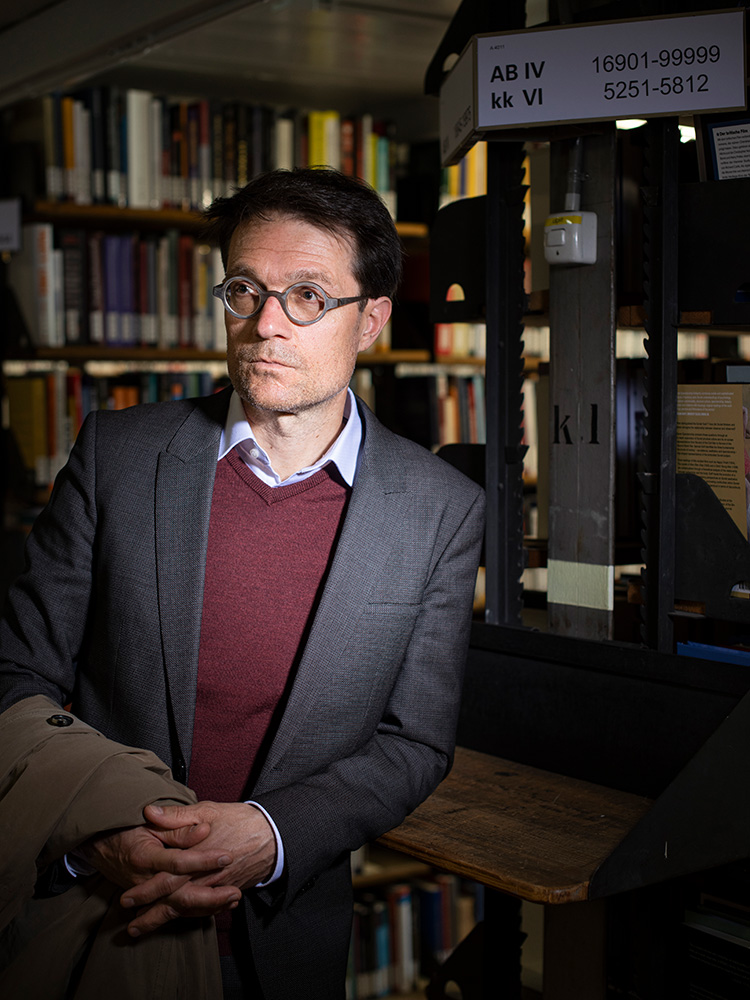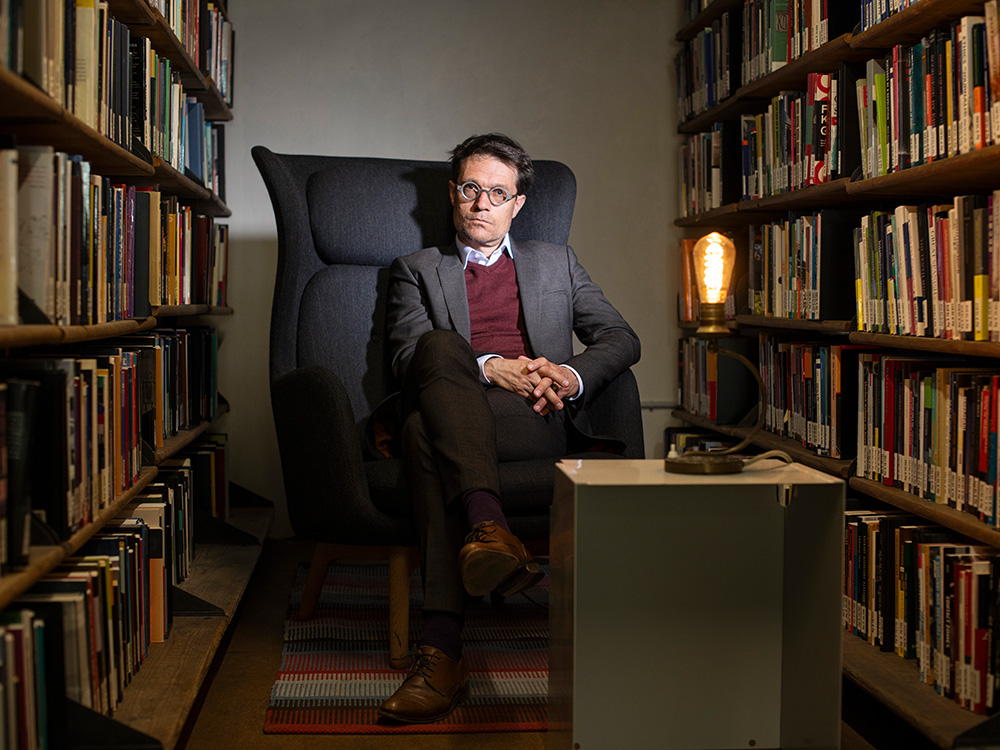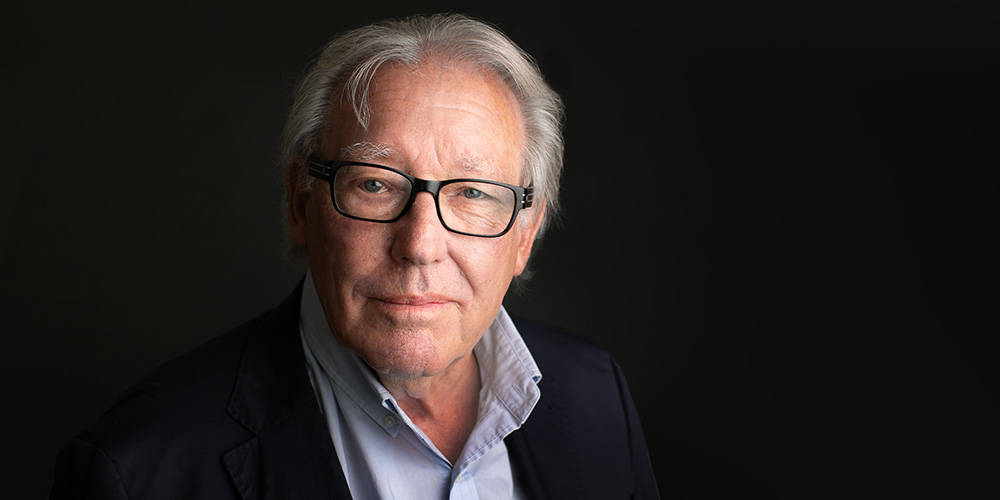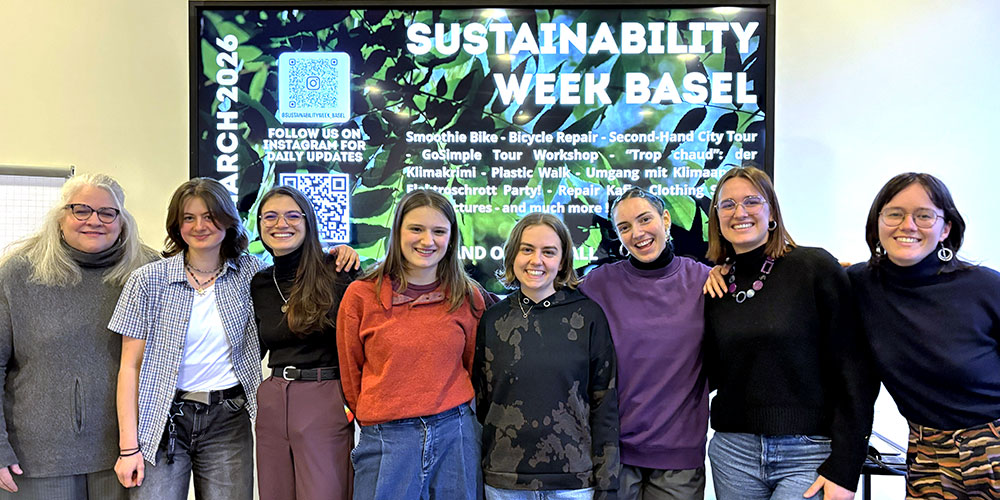From Zettelkasten to AI – A Cultural Studies Perspective on the History of Knowledge
Media are more than just radio and television. Cultural and media scholar Markus Krajewski investigates the cultural artifacts left behind by humans and machines in their quest for knowledge. He often leaves room for chance in his choice of topics, which may explain why he is frequently ahead of the Zeitgeist.
It was a strange incident in Berlin in the 1990s: a worker threw a recently decommissioned Zettelkasten from a library into the street gutter. The wooden drawers landed right at the feet of Markus Krajewski – who, at the time, had just begun a master's thesis on the history of Zettelkasten at Humboldt University Berlin.
Today, these boxes, still filled with their original index cards, are on display on a shelf in his office at the Department of Media Studies at the University of Basel. They serve as a daily reminder to Markus Krajewski,-who has been a professor of media history and theory there since 2014,-of the beginning of his research career.
New Perspectives in Media Studies
In Berlin, Krajewski was part of Friedrich Kittler’s circle – Kittler is considered one of the most influential humanities scholars of the 20th century. In Kittler’s office, luminaries such as cryptography expert David Kahn and filmmaker Harun Farocki would also gather. «In that circle, we were already contemplating questions that only became socially relevant much later, such as the connection between Markov chains and artificial intelligence. Those were wild years,» Krajewski recalls.
These early discussions continue to shape his academic approach today, which embraces an expanded concept of media. For example, he traced the historical origin of why the internet’s switching stations are called «servers» back to the chamberlain. The chamberlain’s role was not only to procure information for his master but also to be entrusted with reading and writing tasks – classic cultural techniques still performed by assistants, only now in digital form.
Throughout his career, Krajewski has examined a broad spectrum of cultural techniques, including programming and its cultural effects. After completing his degree in Berlin, he pursued a doctorate and later held an assistant professorship in media history of sciences at the Bauhaus University Weimar. After several other positions, including a research stay at Harvard University, his path eventually led him to Basel, where he now feels at home with his family.
Pursuing Ideas with Passion
Krajewski’s bibliography includes, among other works, a book on the tiled facades of post-war German architecture, a study of the hyena as a political animal, a guide to writing academic theses (using LSD – Lesen, Schreiben, Denken), and an anthology on the history of the light bulb. The wide range of research topics is intentional: «It’s about exposing oneself to guided chance, being inspired by things, and following one’s inquisitive curiosity.» When a topic captures him, he immerses himself in it intensively over a long period. In search of material, he explores literary sources, archives, and newspapers.
Krajewski also encourages his students and doctoral candidates to adopt this open-ended approach. Together with his colleagues at the Department of Media Studies, he seeks to foster a broad and interconnected way of thinking.
Many of Krajewski’s projects are based on interdisciplinary collaborations. For his latest book, published in 2024, he teamed up with a top chef and a photographer. During a trip to Naples, the trio recreated a so-called baroque feast. Starting from recipes and photographs, Krajewski reflects on the history of ingredients and cooking techniques, connecting them narratively and entertainingly with cultural-theoretical ideas.
In Retrospect, Relevance becomes apparent
Even for Krajewski himself, this is sometimes surprising: projects he originally conceived more as contributions to basic research often attract significant attention over time. A prime example is the history of the lifespan of light bulbs. Using company archives, Krajewski documented how a manufacturer cartel artificially reduced the lifespan of bulbs to 1,000 hours in 1924, thereby establishing what is known as planned obsolescence. The EU’s later ban on incandescent bulbs suddenly made this topic highly relevant. To this day, he regularly receives interview requests related to it.
His current book project explores a prehistory of artificial intelligence, aiming to better contextualize and understand the present by comparing it with the historical stages of this technology. He traces a line from the scholar Gottfried Wilhelm Leibniz, who wanted to manage his ideas and knowledge in a specially crafted index card cabinet, all the way to today’s large language models of generative AI. He has long carried this idea with him, and now it is highly topical – likely to shape the future of humanity. As so often before, Krajewski was ahead of the mainstream with this concept.




